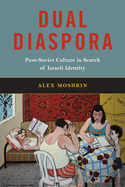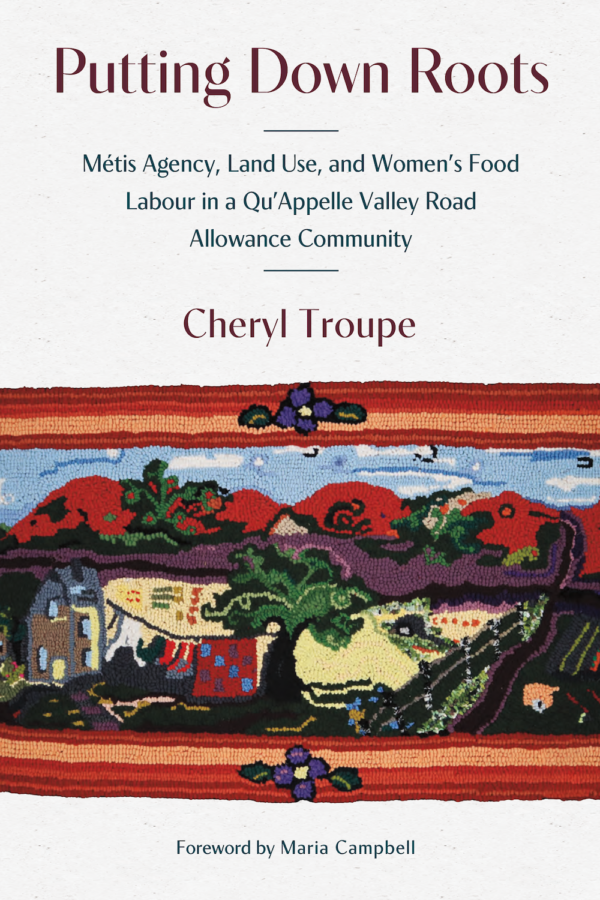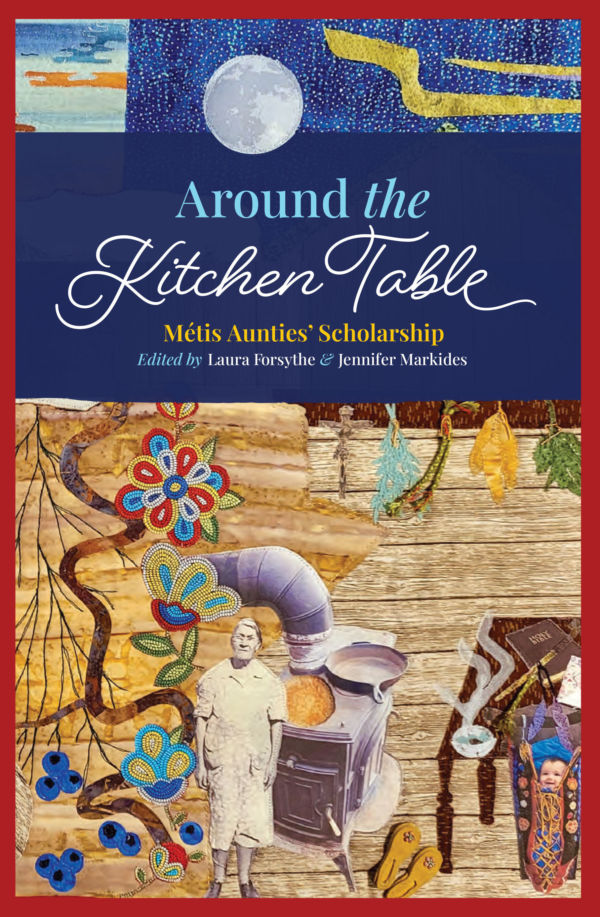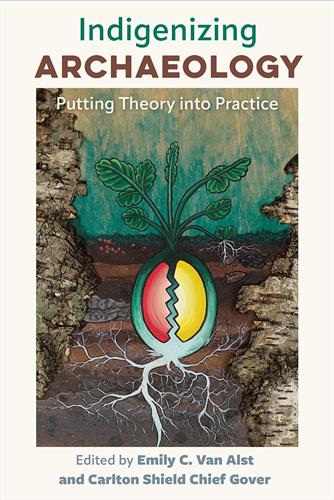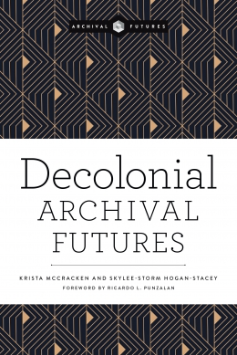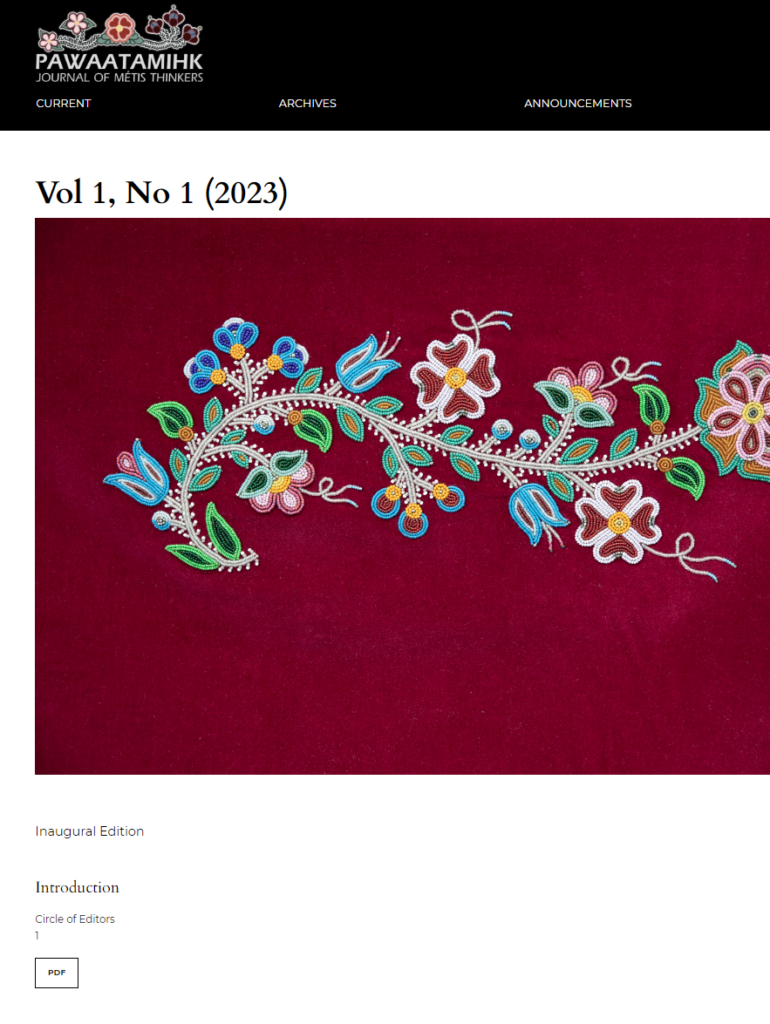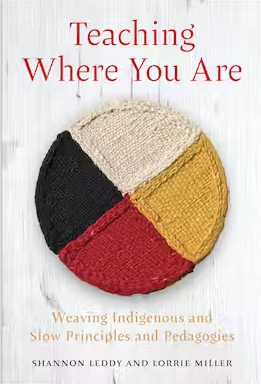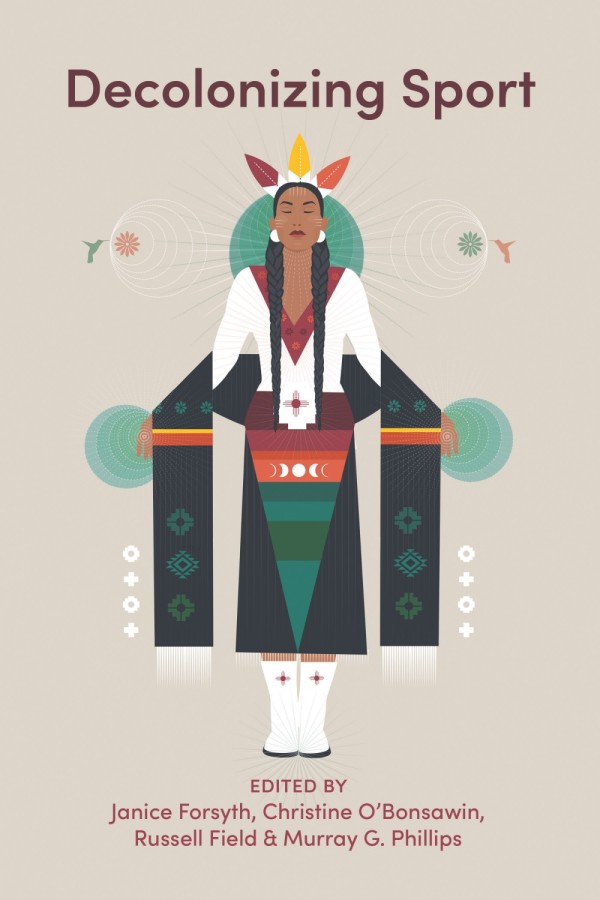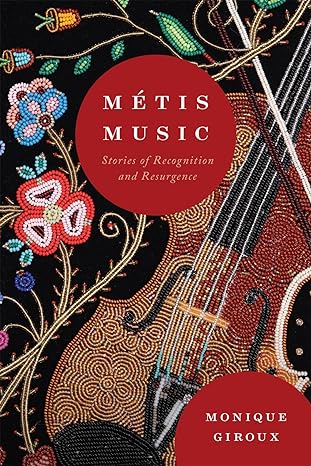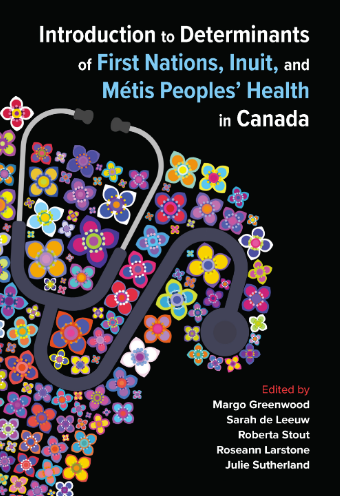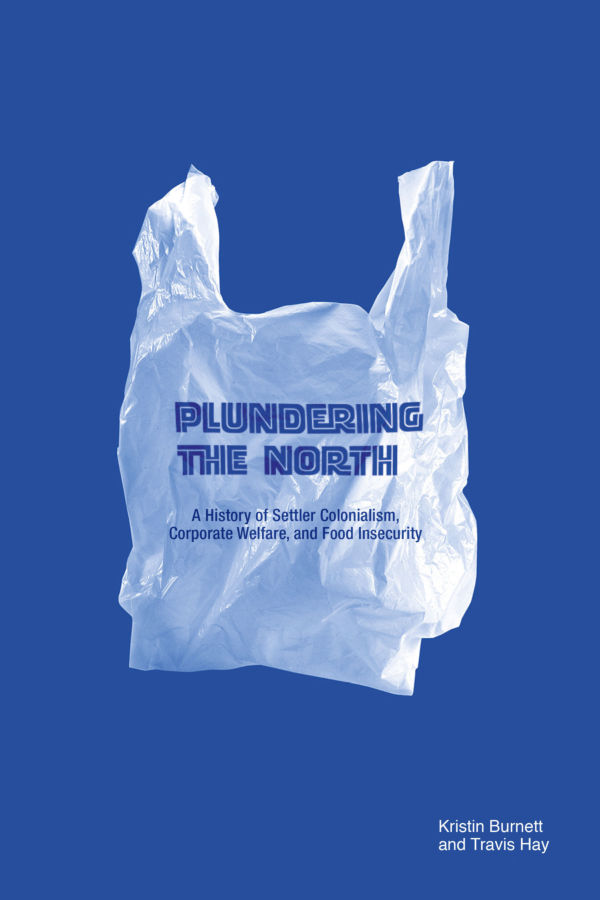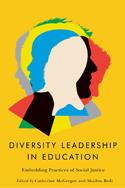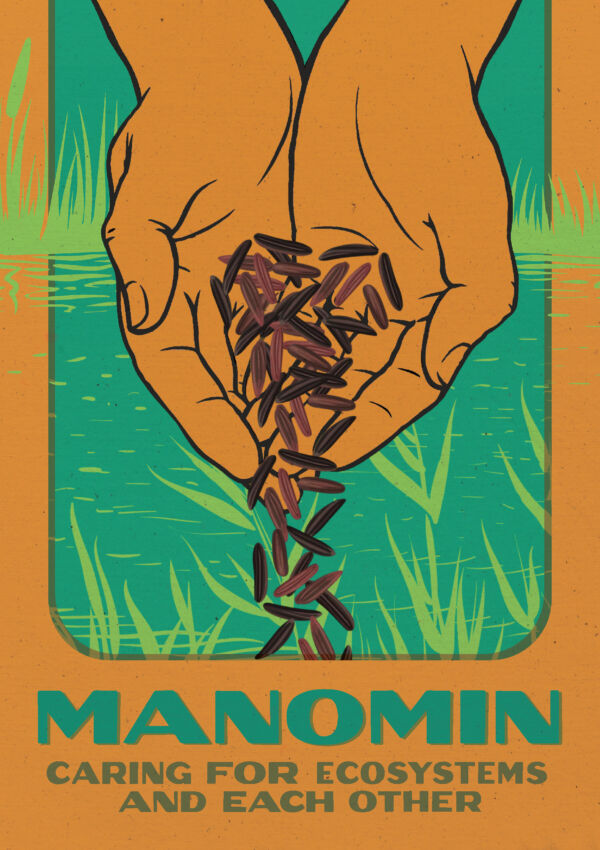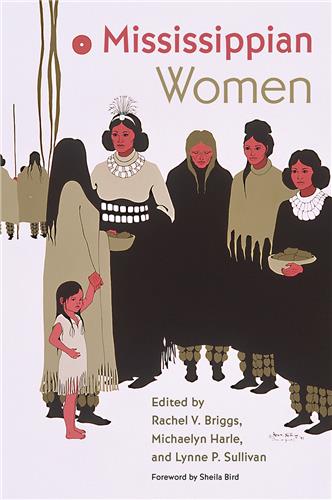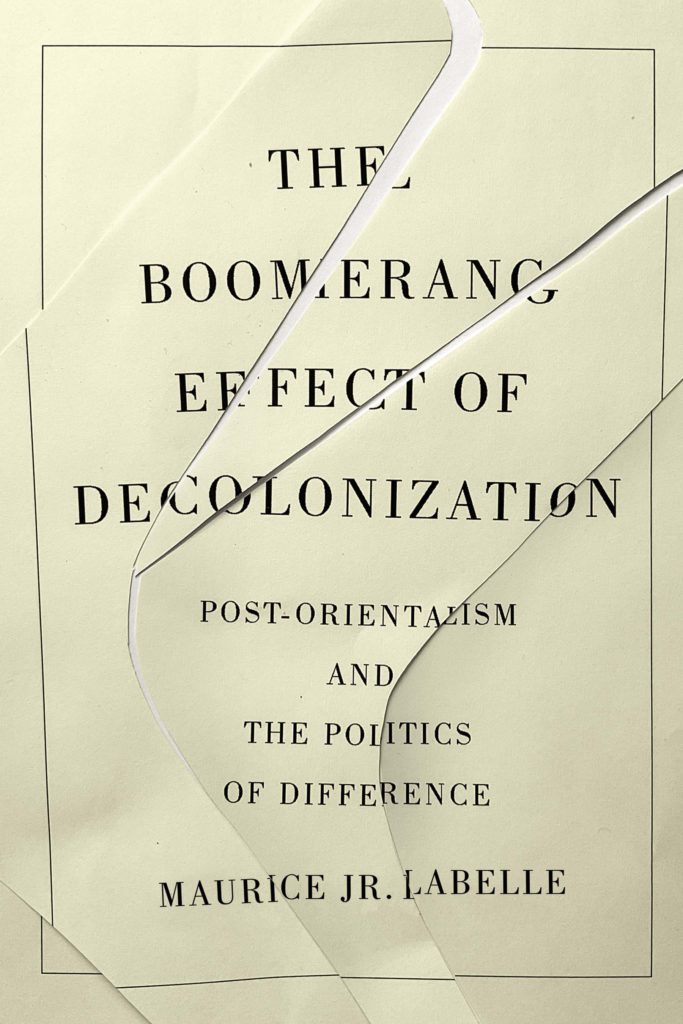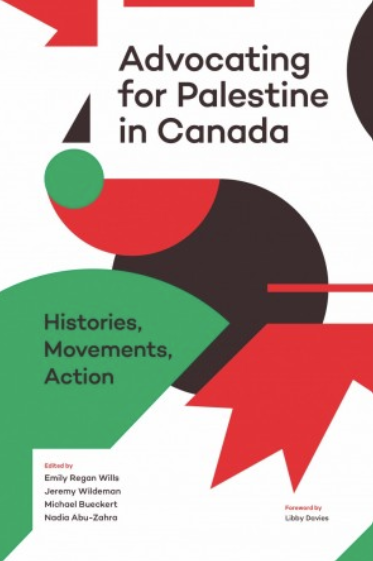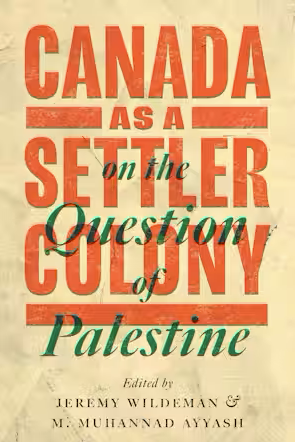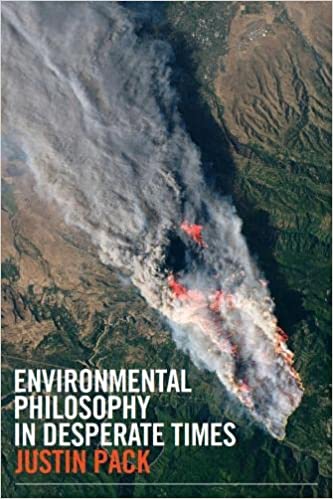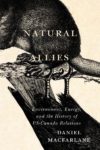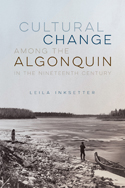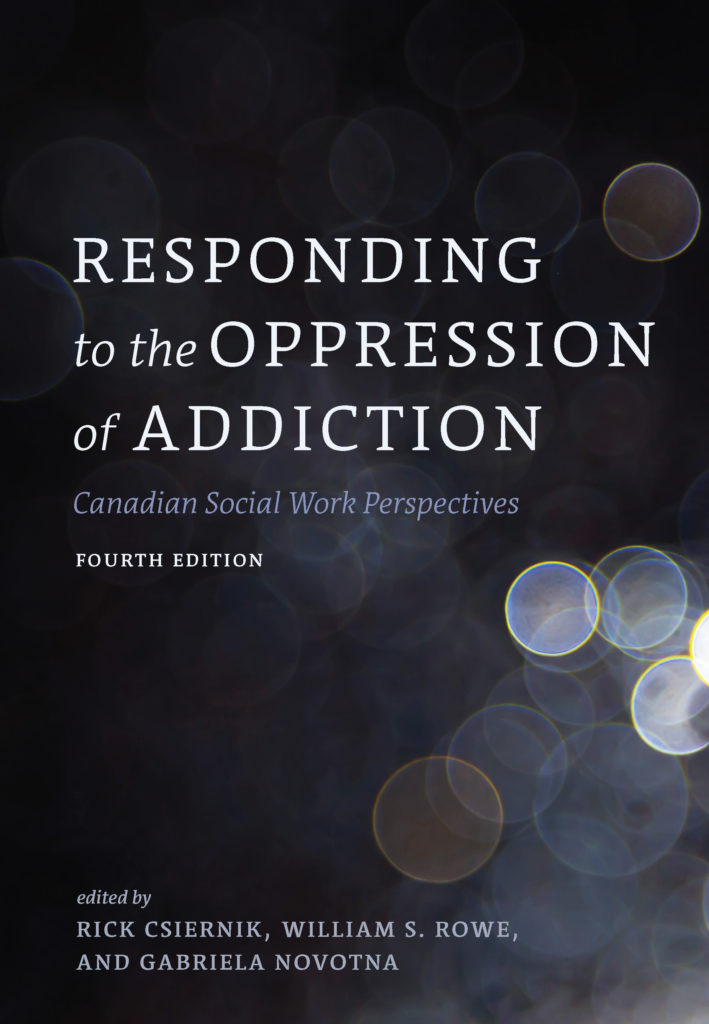Editing & Writing Experience
Copy editing, proofreading, and stylistic/structural editing (literary, memoir, young adult fiction, poetry)
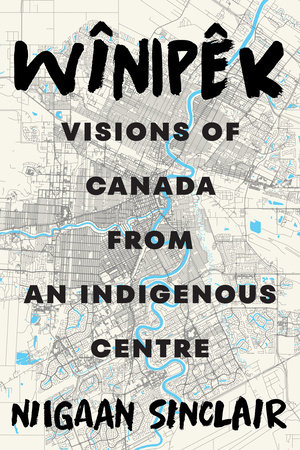 | 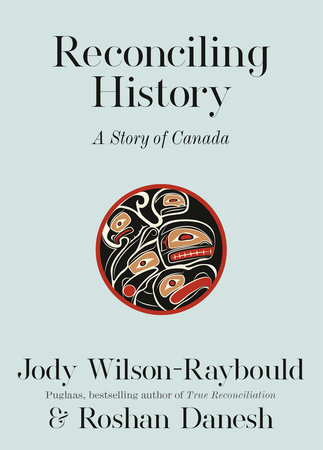 | 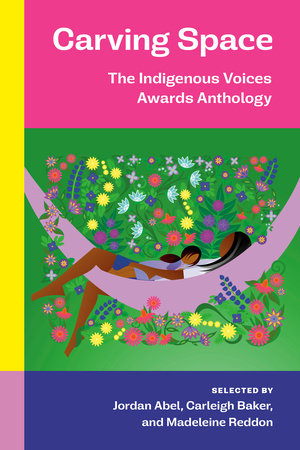 |
| Wînipêk: Visions of Canada from an Indigenous Centre by Niigaan Sinclair Winner, Non-fiction, Governor General’s Literary Award NATIONAL BESTSELLER • Winner of the 2024 Governor General’s Literary Award for Nonfiction • Named a Best Book of 2024 by Audible, Spotify, and Winnipeg Free Press • One of CBC’s Best Canadian Nonfiction of 2024 | Reconciling History: A Story of Canada by Jody Wilson-Raybould and Roshan Danesh One of Indigo’s Top 10 History Books of 2024 and Top 100 Books of 2024 • One of the Toronto Star’s 25 books to read this season • One of Kobo CA’s Best Nonfiction Ebooks of the Year • One of CBC’s Best Canadian Nonfiction of 2024 | Carving Space Indigenous Voices Awards Anthology (Edited by Jordan Abel, Carleigh Baker, and Madeleine Reddon) |
| Penguin Random House Canada | Penguin Random House Canada | Penguin Random House Canada |
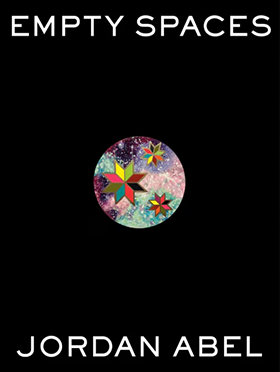 | 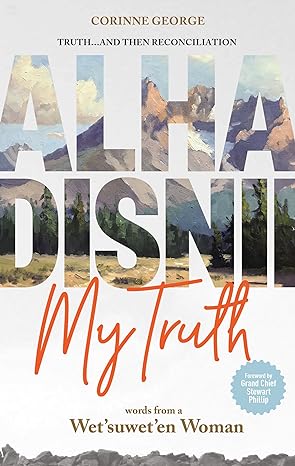 | 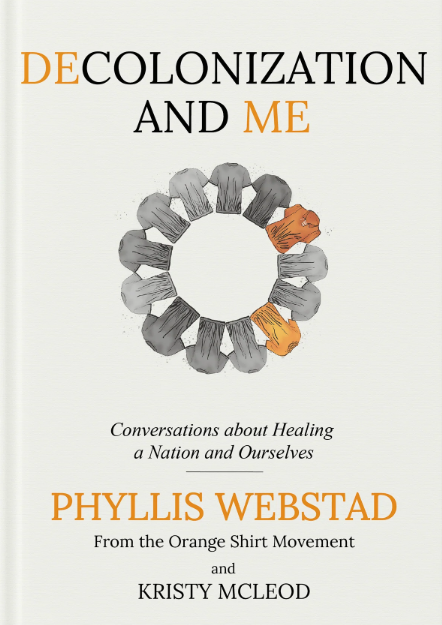 |
| Empty Spaces by Jordan Abel Winner, Fiction, Governor General’s Literary Award | Alha Disnii – My Truth: Words from a Wet’suwet’en Woman by Corinne George | Decolonization and Me: Conversations about Healing a Nation and Ourselves by Phyllis Webstad and Kristy McLeod |
| McClelland & Stewart (Penguin Random House Canada) | Medicine Wheel Publishing | Medicine Wheel Publishing |
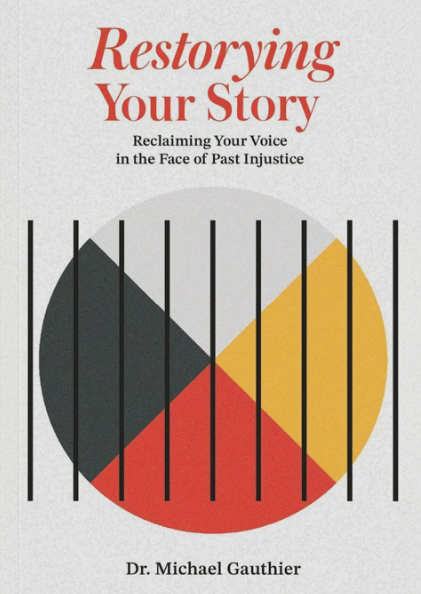 |  | 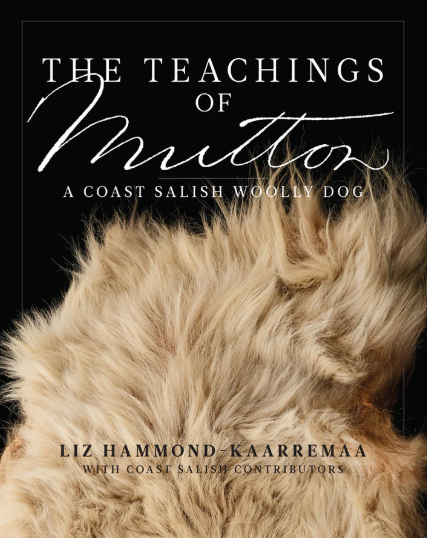 |
| Restorying Your Story: Reclaiming Your Voice in the Face of Past Injustice by Dr. Michael Gauthier | He Who Would Walk the Earth by Griffin Bjerke-Clarke | The Teachings of Mutton: A Coast Salish Woolly Dog by Liz Hammon-Kaarremaa with Coast Salish Contributors |
| Medicine Wheel Publishing | Fernwood Publishing | Harbour Publishing |
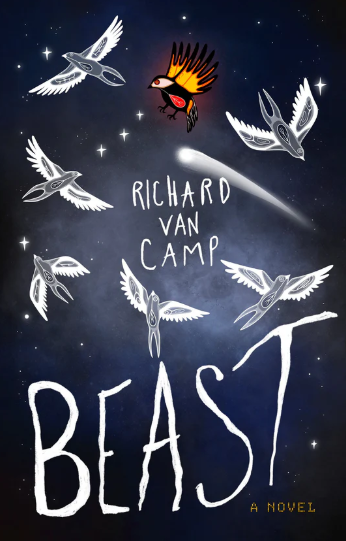 | 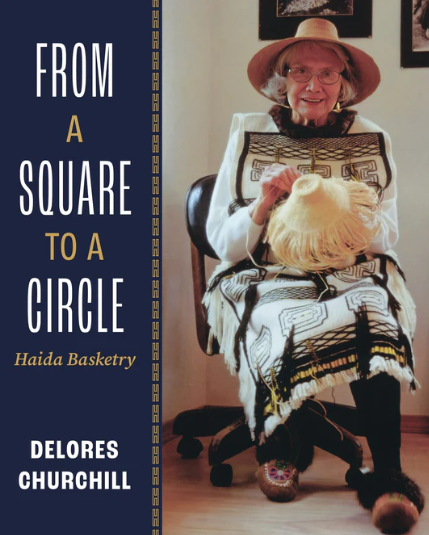 | |
| BEAST: A Novel by Richard Van Camp | From a Square to a Circle: Haida Basketry by Delores Churchill | |
| Douglas & McIntyre | Harbour Publishing | |
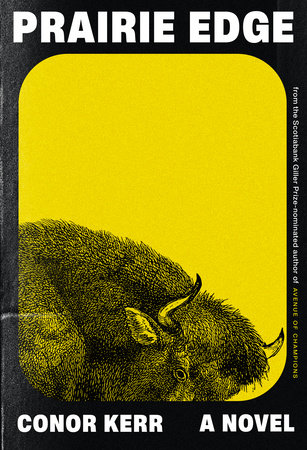 |  | 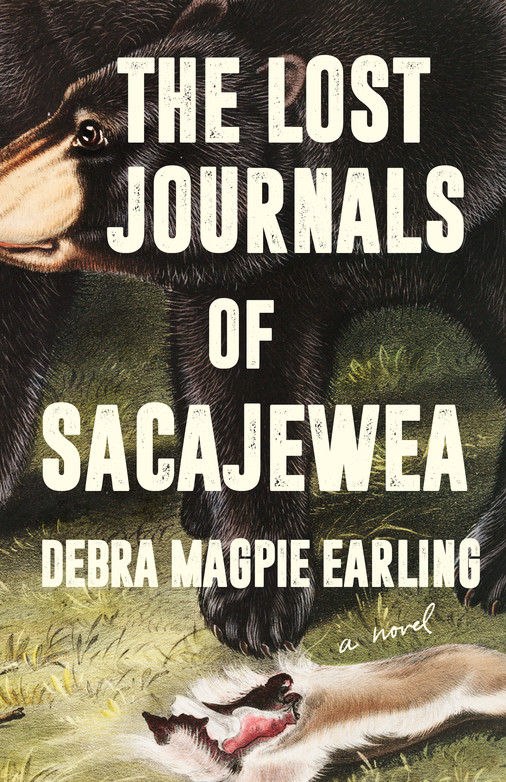 |
| Prairie Edge by Conor Kerr | All Roads Home: A Life On and Off the Ice (Author: Bryan Trottier, Foreword: Jesse Thistle, with Stephen Brunt) National Bestseller | The Lost Journals of Sacajewea by Debra Magpie Earling Winner of the Montana Book Award |
| Penguin Random House Canada | Penguin Random House Canada / McLelland & Stewart | Milkweed Editions |
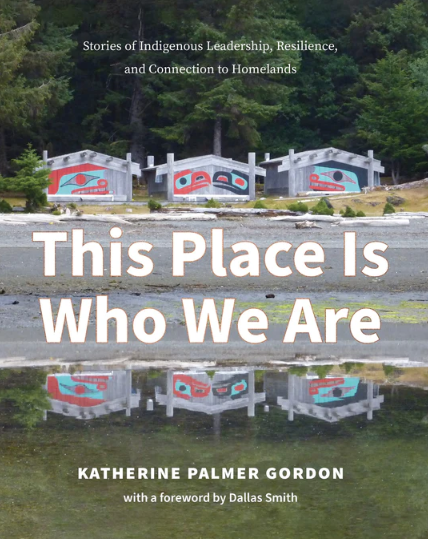 | 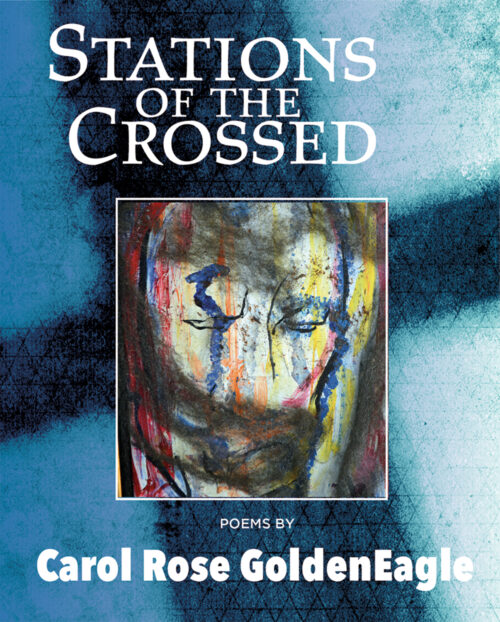 | 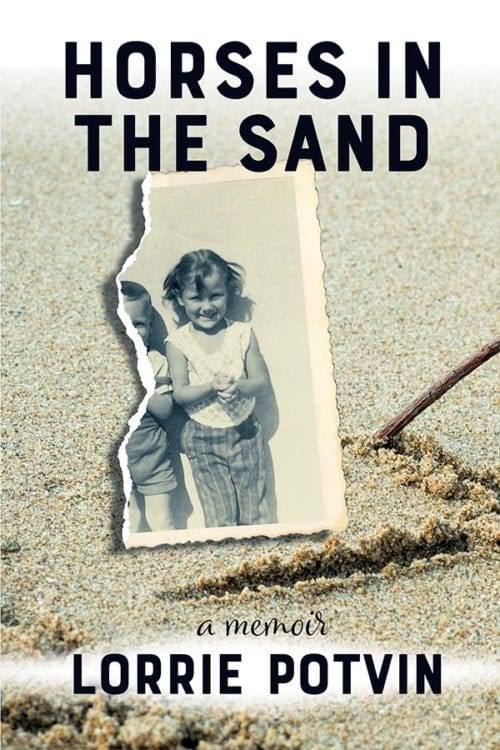 |
| This Place Is Who We Are: Stories of Indigenous Leadership, Resilience, and Connection to Homelands by Katherine Palmer Gordon with foreword by Dallas Smith Winner, Jeanne Clarke Award (2024), Short-listed Roderick Haig-Brown Regional Book Prize (2024) | Stations of the Crossed, poems by Carol Rose GoldenEagle Shortlisted, 2023 Book of the Year Award (Saskatchewan Book Awards) Shortlisted, 2023 SK Arts Poetry Award Honouring Anne Szumigalski Shortlisted, 2023 Rasmussen & Co. Indigenous Peoples’ Writing Award | Horses in the Sand, a memoir by Lorrie Potvin |
| Harbour Publishing | Inanna Publications | Inanna Publications |
Copy editing (academic)
Copy editing and writing (business, blog, web, zine)
Action Canada Task Force Reports:
- Resilient Roots: Policy Recommendations for Regenerative Grain Agriculture in Canada
- Decolonizing the Natural Resource Sector: Implementing Free, Prior, and Informed Consent for a Sustainable Future
- Waste Not: Unlocking Critical and Strategic Mineral Opportunities in Canada’s Tailings
we are medicine course by the Moose Hide Campaign
pando blog, writer/contributor. Samples:
- Prevent employee turnover by investing in clear career progression pathways
- Building manager buy-in for competency-based rubrics
- How to roll out competency-based rubrics
- Avoid the new year employee turnover slump
Indigenous Editors Association: Strategic Plan 2022
Destination Toronto. Samples:
- 5 Great Toronto Attractions if You Are Blind or Visually Impaired
- 7 Can’t-Miss Indigenous Events Taking Place this Summer
- 30 Iconic Toronto Activities to Enjoy with the Kids
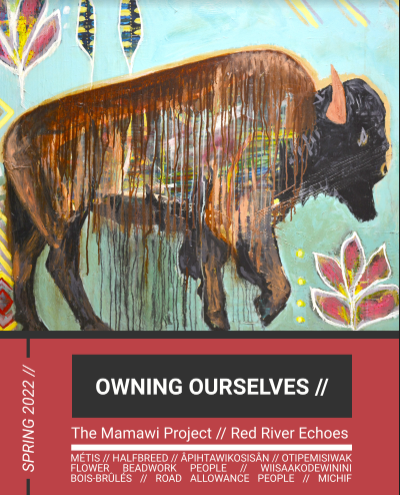
Owning Ourselves – The Mamawi Project / Red River Echoes
Sensitivity / Inclusivity Reading & Other Projects
Alicia has worked on sensitivity reading, book proposal reviews, Land Acknowledgements, and a definition of Métis for publishers like Greystone Books, Chronicle Books, Milkweed Editions, and Simon & Schuster, as well as directly with authors.

